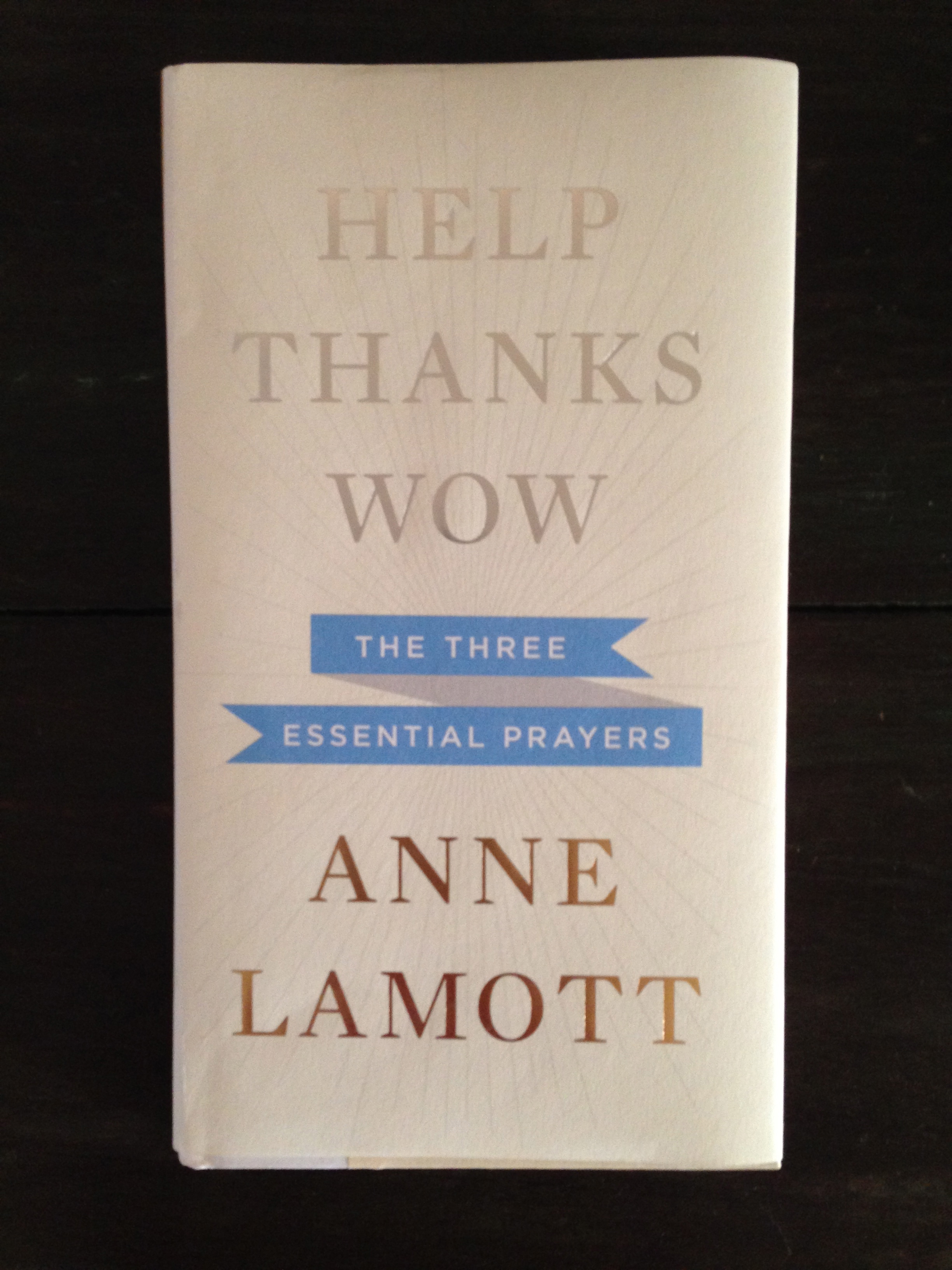Excerpt from 'Face, A Memoir,' Part Three
This is Part three from Face, A Memoir, which I am serializing in posts on my blog. Here are Parts One and Two. The memoir is about my struggle to come to terms with a childhood trauma that haunted me well into middle life. It has taken me many years to write this, and I am revising it as I post pieces of it online. I welcome your thoughts and feedback.
Part Three
July 6, 1961 - Surgeon’s notes: Patient—a five-year-old girl—presented in the emergency room on June 17 with severe lacerations and subdermal abrasions on the left side of the face and upper chest. Primary concern was stanching blood loss and saving the left eye. Emergency closure of facial wound required pulling together tissue from both sides of the cheek. Pressure bandages applied. Loss of upper left eyelid and portion of lower left lid required fashioning of tarsorrhaphy to protect the eye.
I wake and I can’t see. My face itches. My ears itch. I am desperate to scratch my ears. I can’t move my arms! Why can’t I move my arms?
My mom’s voice comes to me. Soothingly, I hear her say: “It’s okay, Marcia. It’s for your own good.”
Every day for five weeks she came to the hospital and sat by my bedside, waiting for me to wake, enduring my fearful tears when I did, watching the nurses give me shots and adjust my bandages, listening to my screams when the doctors changed the dressings. Did she retreat? Crawl into a cavernous place of grief – perhaps denial – to deal with the shock, the pain?
Mrs. Medema and several neighborhood girls took turns babysitting the other kids while she was at the hospital. At the end of the day, she’d go home to her three other children. I know friends and family members helped out. But what was it like for her to watch me cry, seeing me bloodied and bandaged, knowing I was terrified, knowing I suffered, knowing there was nothing she could do but try to soothe me? Then going home to three young children who also needed her attention. She was overwhelmed, emotionally and physically. And still she came and sat. Sat with her knitting, absently crossing needle over needle, moving the yarn from left to right, right to left. I see her deft hands, her pointer fingers crisscrossing each other with each stitch, her mouth a set line, her brow furrowed. The ball of yarn unfurling.
Over time, she shut down. Sat and patted my hand as they pulled stitches from my face, or placed another needle into my arm, or held me down for another change of dressings. Emotionally, she left. Pushed her feelings to a deep place so she could manage daily life. How could she not? But it didn’t start with me.
His name was Patrick, Ricky for short, their second-born. Cherie was two and Ricky eight months when my parents were invited to go away with another couple for a weekend of sailing. Their friends Barb and Harvey Nedeau offered to take care of the kids. When they dropped them off, my mom was fretting. She wanted Barb to make sure Cherie had her blankie at night, that Ricky got his bottle at five and again just before bed.
Barb reassured her.
That night, Barb set up a vaporizer near Ricky’s crib so he could breathe easier. Sometime in the middle of the night, he pulled the cord and the vaporizer over into the bed, scalding his body with boiling water. The Nedeaus raced Ricky to the hospital. My parents rushed home. Ricky died two days later.
A year and a half later, my mom was expecting. It was winter and the streets were icy. My grandmother was driving with my mom and Cherie, heading downtown to shop. As she negotiated the slippery streets, my grandma noticed a large spider above her head on the visor. As she watched, it dropped down near her face. She swatted at it, and as she did the wheel turned to the right and the car left the road. As Cherie bounced in the back seat, the car ran up the guy wire of a telephone pole and overturned. Mom was thrown out of the car. Cherie and my grandma were unhurt, but Mom suffered skull fractures and ended up in the hospital for several weeks. The baby, Robert, was born several months later, but died within hours. Mom knew she would lose him, because she hemorrhaged through the rest of the pregnancy.
The boys are buried together in the Muskegon Catholic Cemetery.
Before I was released from the hospital on July 23, my mom and dad gathered Cherie and Chuck in the living room.
“Marcia is coming home this afternoon, and she looks different than she did,” my mom explained. “You shouldn’t be afraid when you see her. She’s still your sister. She’s still the same Marcia.”
But I wasn’t.







